
China’s Consular Volunteer Program Sparks Concerns Over Foreign Influence
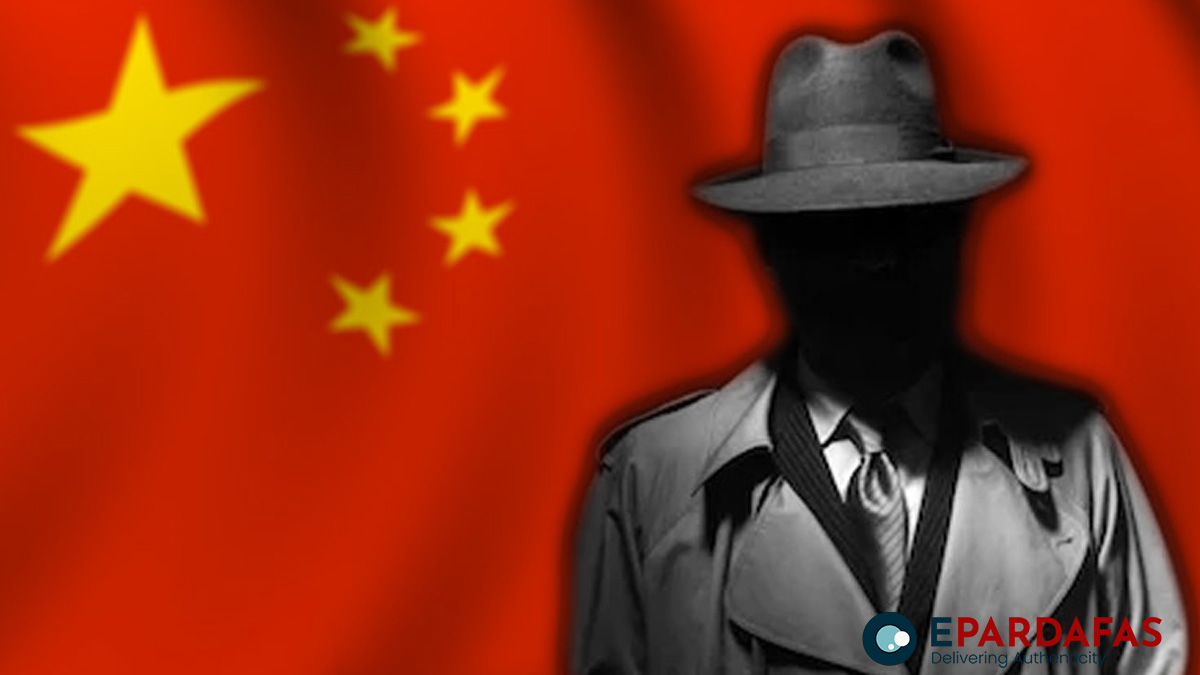
China’s deployment of “consular volunteers” through its diplomatic missions abroad is raising concerns among analysts and watchdogs who view them as part of the Communist Party’s influence abroad, potentially used to monitor dissent, a charge Beijing denies.
Chung Ching Kwong, co-author of a recent report on consular volunteers by the Europe-based rights group Safeguard Defenders, emphasizes that while they are not direct spies, they can still act on behalf of foreign influence. Kwong suggests that consular volunteers could aid authorities in targeting dissidents by collecting personal information and mobilizing people to attend protests.
The Safeguard Defenders report followed new regulations on “consular protection and assistance” from China’s State Council that came into effect in September. Chinese government websites demonstrate the global spread of the consular volunteer network, with recruitment, training, and award ceremonies reported in various countries.
In Johannesburg, South Africa, the Chinese Consulate General hosted an annual meeting for more than 20 consular volunteers in July, expressing the hope that they would contribute to building a joint defense and protection system to safeguard the rights and interests of Chinese citizens.
Chinese government websites reveal that the “five-sphere integrated plan,” announced in 2012, aims to advance socialism with Chinese characteristics encompassing economic, political, cultural, social, and eco-environmental development.
READ ALSO:
Chinese Regime Conducts Global Espionage Campaign Through ‘Consular Volunteers’
China has defended its consular volunteer network in the face of criticism. While the Chinese Embassy and consulate in South Africa did not respond to requests for comment, a spokesperson for the Chinese Consulate General of Vancouver previously stated that hiring local overseas Chinese as consular assistance volunteers is reasonable and in accordance with laws and regulations.
In response to the Safeguard Defenders report, the Chinese Embassy in Brussels defended the volunteer system, stating it served public good by offering necessary assistance to the embassy and strictly adhered to local laws and regulations.
The United States has a similar program called “Citizen Liaison Volunteers,” assisting U.S. embassies in helping citizens abroad.
Some analysts view China’s consular volunteer program as part of the United Front, the Communist Party’s wider network of influence. Niva Yau, a fellow at the Atlantic Council’s Global China Hub, warns that China could use consulates to intervene in the private affairs of Chinese nationals abroad, potentially violating their rights. Experts advise host nations to prevent China from using its embassies and consulates to infringe on the rights of Chinese abroad and build a larger foreign security presence.
Paul Nantulya, a research associate at the Africa Center for Strategic Studies, describes the consular volunteer program as part of China’s influence operations, seeking to amplify Chinese policies, mobilize support, and influence host countries’ policies indirectly. He notes that China finds the volunteers useful for monitoring activities in their jurisdictions and building affinities with China.
The consular volunteer program adds to previous revelations about China’s overseas “police stations,” monitoring and coercing Chinese living in exile. Analysts stress the need for vigilance to ensure that China’s consular efforts do not compromise the rights and security of individuals in host countries.
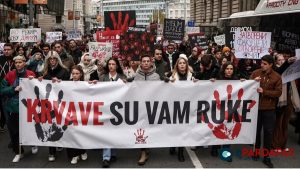
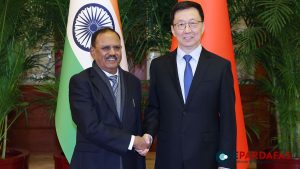
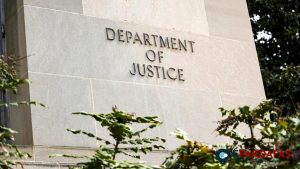

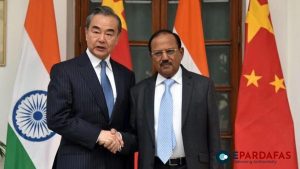

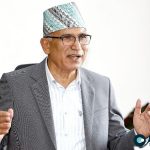





Comments